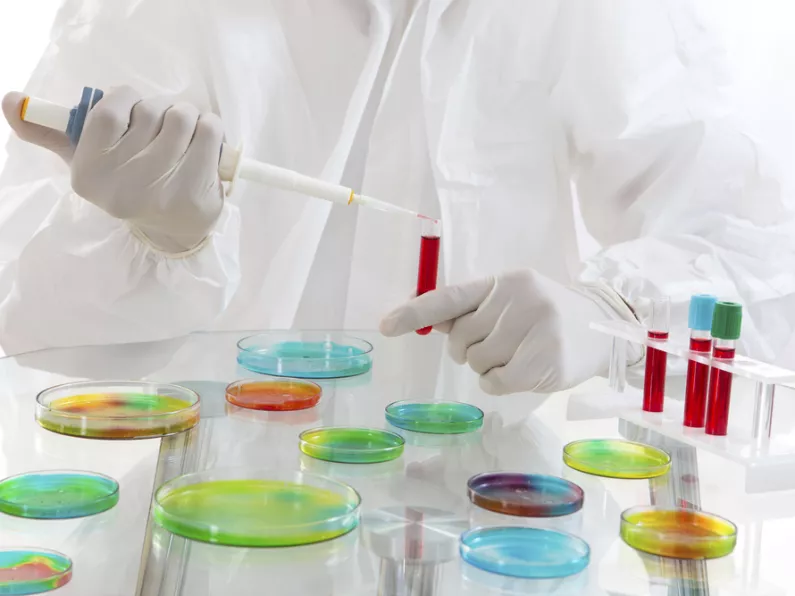New data released by the World Health Organization (WHO) has revealed that hundreds of children have developed mysterious hepatitis symptoms in recent months.
The WHO reported that at least 38 of the children ended up needing liver transplants, and nine had died due to the symptoms of hepatitis.
The UK has reported the highest number of cases with 222. The US has reported 216 suspected cases. Most children affected by the condition were under the age of five.
The cause of the outbreak
The cause of the mysterious hepatitis outbreak remains unknown, although officials suspect a type of virus called an adenovirus may be involved.
At least 180 children with hepatitis were tested for adenovirus, and 110 tested positive.
Of the children tested for adenovirus in the UK, about 75% tested positive.
The Covid-19 link
Officials are also concerned that exposure to COVID-19 could be linked to the condition, but of 188 children given PCR tests for COVID-19, only 12% tested positive.
Officials say it’s possible that a co-infection with COVID-19 or a previous COVID-19 infection could be related to these cases, but more investigation is needed.
How concerned should parents be?
This continues to be a rare complication of a common viral infection. It is unlikely your child will experience hepatitis associated with adenovirus or other acute respiratory illnesses.
What are the signs and symptoms of hepatitis?
There are many reasons the liver can become inflamed. Possible causes include infections, medications, toxins, alcohol use, drugs and, less commonly, other medical problems. Sometimes the cause remains unknown.
Symptoms of hepatitis can include:
- Yellow skin or eyes
- Dark urine
- Pale-colored stools
- Itchy skin
- Fatigue
- Fever (temperature higher than 100.4° F)
- Nausea or vomiting
- Abdominal pain
- Loss of appetite
- Joint pain
It is also possible that children may not have any symptoms. Treatment of hepatitis depends on the identified cause.
What are signs and symptoms of adenovirus?
Adenoviruses spread through close contact, respiratory droplets and through the air. There are more than 50 types of adenoviruses that can infect people.
Common symptoms include:
- respiratory illness (common cold)
- stomach and gastrointestinal infections
- conjunctivitis (pinkeye)
- cystitis (urinary bladder inflammation).
There is no specific treatment for adenovirus infections.
How do I prevent adenovirus infections in my child?
If you are concerned about your child's symptoms, contact your pediatrician or seek care.
Parents should always remind children that they can try to avoid getting sick by practicing good hand hygiene and good respiratory hygiene and cough etiquette.









